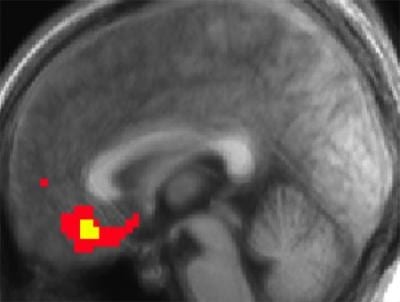Why do we hold separate Paralympic and Olympic Events?
By news editor, on 17 August 2012

![]() By Ruth Somerville, Leonard Cheshire Disability
By Ruth Somerville, Leonard Cheshire Disability
“We’ve had the biggest marketing campaign in the station’s history for the Paralympics. And the viewer response? I’ve never seen anything like it! ” Dan Brooke, Director of Marketing and Communications, Channel 4
You can see it in the near sell-out ticket figures, on the advertising billboards, and in the headlines about ‘Blade Runner’ Oscar Pistorius competing at the Olympic Games. 2012 has seen the Paralympics – originally founded as a completely separate, or ‘parallel’ Games – race towards the mainstream.
At UCL’s ‘Why do we hold separate Paralympic and Olympic Events?’(13 August), there wasn’t a spare seat in the room. I had gone because, like many people mystified by the complexities of Oscar Pistorius’ Olympic bid (and because I work for a disability charity), I really, really wanted to find out definitively what a ‘combined’ Games actually means.
With a brilliantly chosen panel of experts covering everything from logistics (Mark Dyer, London 2012 Olympic Delivery Authority) to broadcasting (Dan Brooke, Channel 4) to sports and disability theory (Dr P David Howe of Loughborough University, and Professor Nora Groce of UCL), I had very high hopes for enlightenment…
 Close
Close




